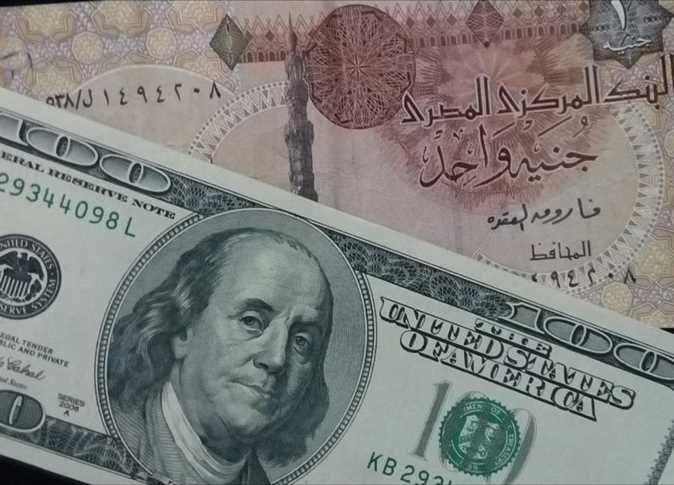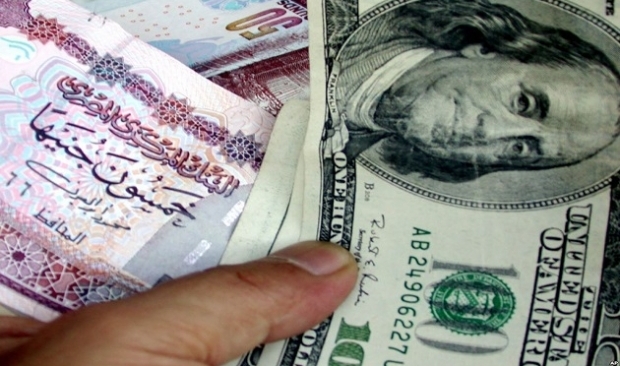
Despite much anticipation about the approaching date of floating the Egyptian pound, a report by Citigroup expects the decision to be delayed for 60 days.
According to the report of the US financial services group, the flotation decision may be postponed for a month or two, which means that it may not take place during the current fiscal year which ends on June 30.
Experts anticipated Egypt to take a new step by decreasing the exchange rate of its local currency against the US dollar as well as to raise interest rates, but a Goldman Sachs report referred to reasons that might push the Egyptian government to postpone the decision.
Further reduction in the price of the pound are futile in resolving external imbalances, the report said, pointing out that the near-term benefit of export growth from the depreciation of the currency is questionable.
The bank added that postponing the devaluation of the pound is due to the risk of entering into an inflationary spiral, as further weakness in the exchange rates is expected to exacerbate the already high inflationary pressures, which in itself is undesirable for Egyptian policymakers.
Likewise, the financial authorities in Egypt did not want to move toward a flexible exchange rate because the pound is already undervalued, according to Goldman Sachs.
Multiple devaluations over the past year have left the Egyptian pound roughly 25 percent below its “fair value” in the long term on a spot basis, it added.
The report ruled out that the Central Bank of Egypt will resort to devaluing the pound, before the government achieves remarkable progress in the asset sale file, as Egypt aims to collect two billion dollars in the current fiscal year and about $4.6 billion in the next fiscal year from asset sales.
A sharp depreciation of the pound before the end of the fiscal year may hinder the government’s goal of a budget deficit of 6.5 percent and the stability of the country’s debt relative to GDP, the Head of Central and Eastern Europe, the Middle East and Africa Strategy at Citigroup Luis Costa said.
Costa explained that the Central Bank of Egypt will likely wait for tourism revenues of about $14 billion to reflect on the economy before deciding on the need for another repricing of the pound.




